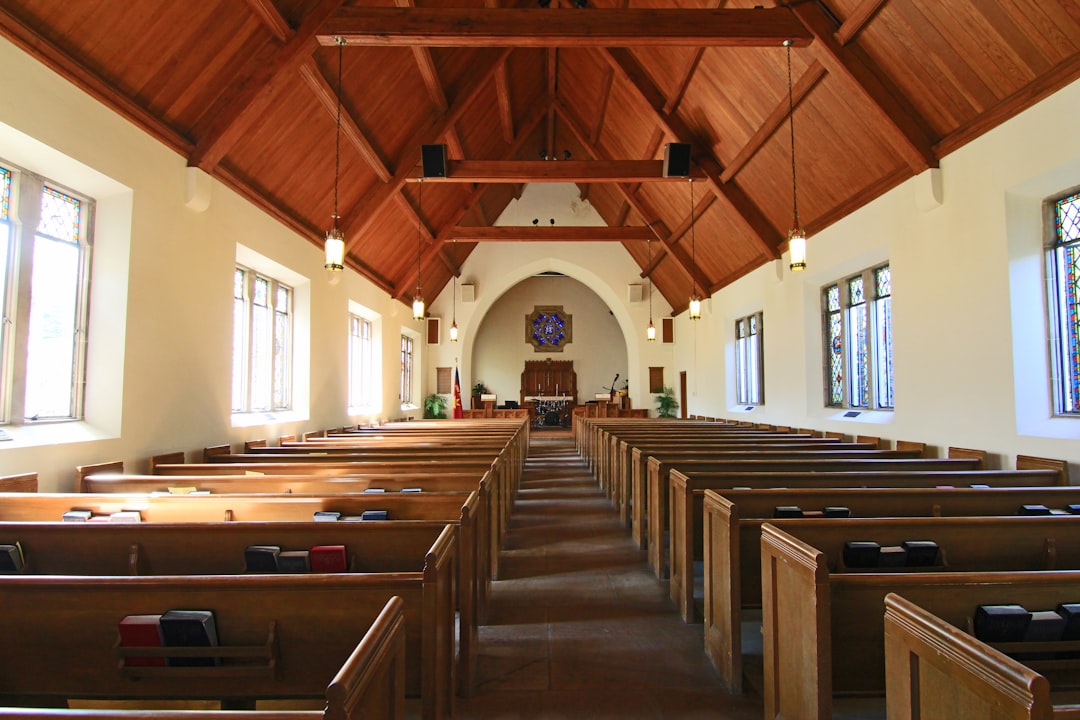Parents choosing daycares in Searcy, Arkansas, must go beyond surface-level safety checks to protect their children from sexual abuse—a significant issue across many states. They should thoroughly evaluate daycare policies, staff training (including background checks), security measures, and caregiver interactions. By doing so, they can avoid using sex abuse law firms in Arkansas, leveraging the state's existing robust regulations designed to safeguard child well-being. Parental vigilance, education on abuse indicators, and open communication with children are key to preventing and disclosing potential risks.
In Searcy, Arkansas, choosing a daycare facility is a crucial decision that demands parental vigilance. Understanding potential hazards in these settings is essential to prevent accidents and, more alarmingly, sexual abuse. This article explores the critical role of parental oversight in safeguarding children, delving into the legal framework governing sex abuse in Arkansas and providing insights to help parents make informed choices. By understanding risks, parents can empower themselves to protect their children.
Understanding the Risks: Uncovering Potential Hazards in Daycare Settings

In choosing a daycare facility in Searcy, it’s crucial for parents to understand that their vigilance isn’t just about ensuring a safe environment but also safeguarding their child from potential hazards, including sexual abuse. Arkansas, like many states, has seen its fair share of cases involving sex abuse law firms handling incidents within childcare settings. These can range from physical abuse and neglect to more insidious forms of exploitation. Daycare centers, despite regulations in place, are not immune to such issues, underlining the need for parents to be proactive in their oversight.
Uncovering potential hazards requires a thorough examination of the facility’s policies, staff training, security measures, and overall environment. Parents should inquire about background checks for employees, the presence of surveillance systems, and incident reporting protocols. Moreover, understanding how and when caregivers interact with children can provide insights into possible risks. Awareness of these factors empowers parents to make informed decisions and choose a daycare that prioritizes child safety above all else.
The Role of Parental Vigilance in Preventing Sexual Abuse

Parental vigilance plays a crucial role in preventing sexual abuse in daycare facilities. Parents must be proactive and thorough in their searches, going beyond mere appearances or recommendations. They should research the facility’s background, staff qualifications, and any reported incidents or lawsuits related to sex abuse law firms in Arkansas. This includes checking for red flags like poor oversight, unannounced visits, and high staff turnover rates, which may indicate potential risks.
By remaining vigilant, parents can ensure their children are in a safe environment. They should also educate themselves on recognizing signs of abuse and establish open lines of communication with their kids to foster trust and encourage them to speak up if something feels amiss. This proactive approach is essential in safeguarding our children from potential predators and ensuring their well-being.
Arkansas Legal Framework: Protecting Children and Holding Offenders Accountable

In Arkansas, the well-being and safety of children in daycare facilities are paramount, underpinned by a robust legal framework designed to protect them. The state’s sex abuse laws play a crucial role in ensuring that perpetrators face consequences for their actions, holding them accountable while safeguarding vulnerable young ones. These laws not only mandate reporting mechanisms but also establish guidelines for investigations, trials, and sentencing, all geared towards the prevention and swift response to any form of child abuse, especially sexual misconduct.
Arkansas legal systems work tirelessly to support victims through specialized sex abuse law firms, offering resources and avenues for justice. This comprehensive approach underscores the state’s commitment to fostering a secure environment for children in daycare settings, demonstrating that their protection is not just a priority but an unwavering mandate.




